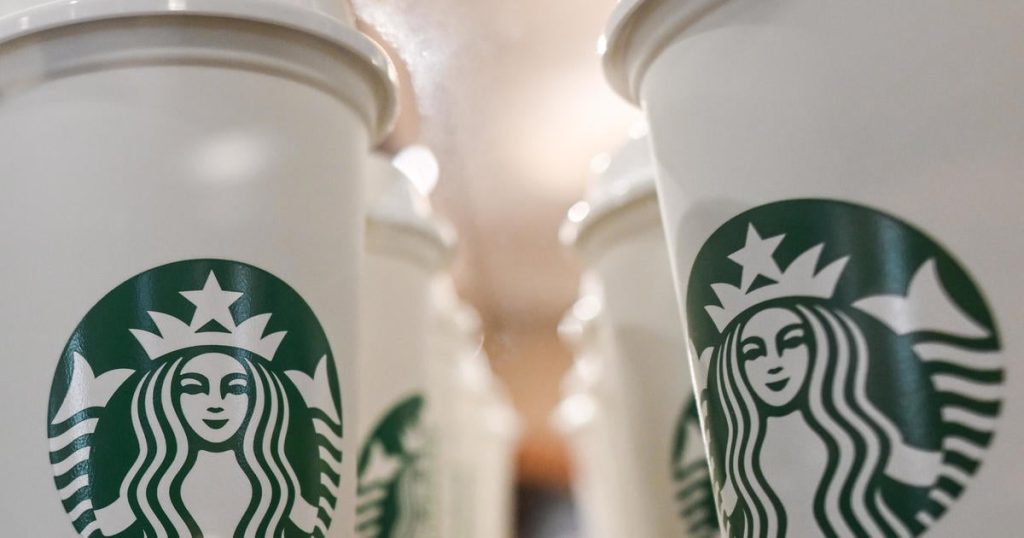1. Starbucks Sued Over Alleged Discriminatory Hiring Practices
Starbucks is facing a significant legal challenge as Missouri’s Attorney General, Andrew Bailey, has filed a lawsuit alleging that the company’s hiring practices are discriminatory, based on race and sex. The lawsuit contends that these practices violate federal and state laws and have resulted in slower service and higher prices for consumers due to a lack of qualified workers. This legal action comes shortly after President Trump signed an executive order banning diversity, equity, and inclusion (DEI) programs across the U.S. government, encouraging the private sector to follow suit. The suit argues that Starbucks’ DEI initiatives are merely a cover for unlawful discrimination, harming Missouri residents seeking employment.
2. The Role of DEI Policies in the Dispute
At the heart of the lawsuit is the debate over DEI policies. Critics argue that DEI initiatives can lead to discrimination by considering factors like race and gender in hiring, rather than merit alone. The lawsuit accuses Starbucks of using DEI as a pretext for such discrimination, affecting both current and potential employees in Missouri. This aligns with broader pushback against DEI programs, as seen with companies like Ford, Google, and Walmart rolling back their initiatives. However, Starbucks maintains that its hiring practices are inclusive, fair, and lawful, designed to attract the best candidates.
3. Starbucks’ Response and Defense
Starbucks has strongly defended its hiring practices, stating that they are grounded in inclusivity and fairness. The company emphasizes that its programs and benefits are available to everyone, without discrimination. In response to the lawsuit, Starbucks argue that their DEI policies are lawful and do not compromise the quality of their workforce. This stance reflects the company’s commitment to diversity and inclusion, despite growing opposition from conservative groups and legal challenges.
4. Impact on Consumers: Prices and Wait Times
The lawsuit suggests a link between Starbucks’ hiring practices and issues like higher prices and slower service. However, experts attribute these problems more to external factors such as inflation and the complexity of customizing beverages. Starbucks CEO, Brian Niccol, has acknowledged these challenges and pledged to simplify drink options and reduce wait times to four minutes or less. This strategy aims to enhance customer satisfaction and operational efficiency.
5. Broader Context: Shifts in Corporate DEI Initiatives
The backlash against DEI initiatives is part of a broader societal debate on diversity and merit-based hiring. While some argue that DEI promotes a more inclusive workplace, others believe it can lead to reverse discrimination. This tension has led several major companies to reevaluate their DEI policies. Starbucks’ situation highlights the challenges companies face in balancing diversity goals with legal and societal expectations.
6. Starbucks’ Recent Strategic Changes
In addition to addressing operational issues, Starbucks has made notable changes to its store policies. Reversing its open-door policy, customers now need to make a purchase to use facilities or linger in stores. This change follows the 2018 incident where two Black men were arrested in a Philadelphia store, leading to widespread criticism and the adoption of the open-door policy. CEO Brian Niccol aims to create inviting spaces while addressing past concerns and improving customer experience. These efforts reflect Starbucks’ commitment to navigating social and operational challenges while maintaining its brand values.












